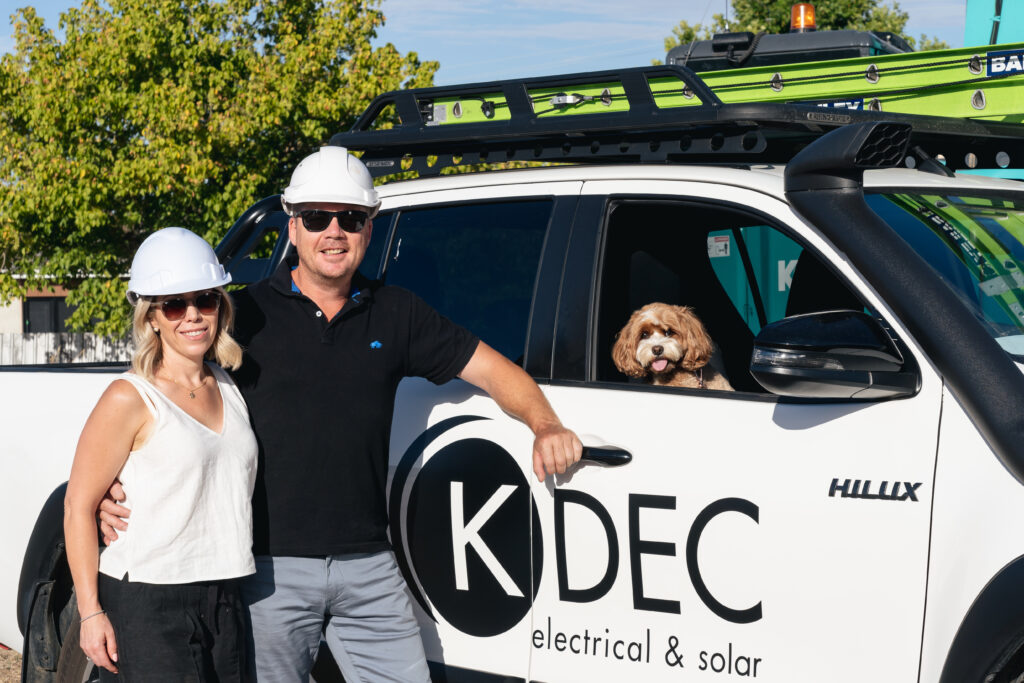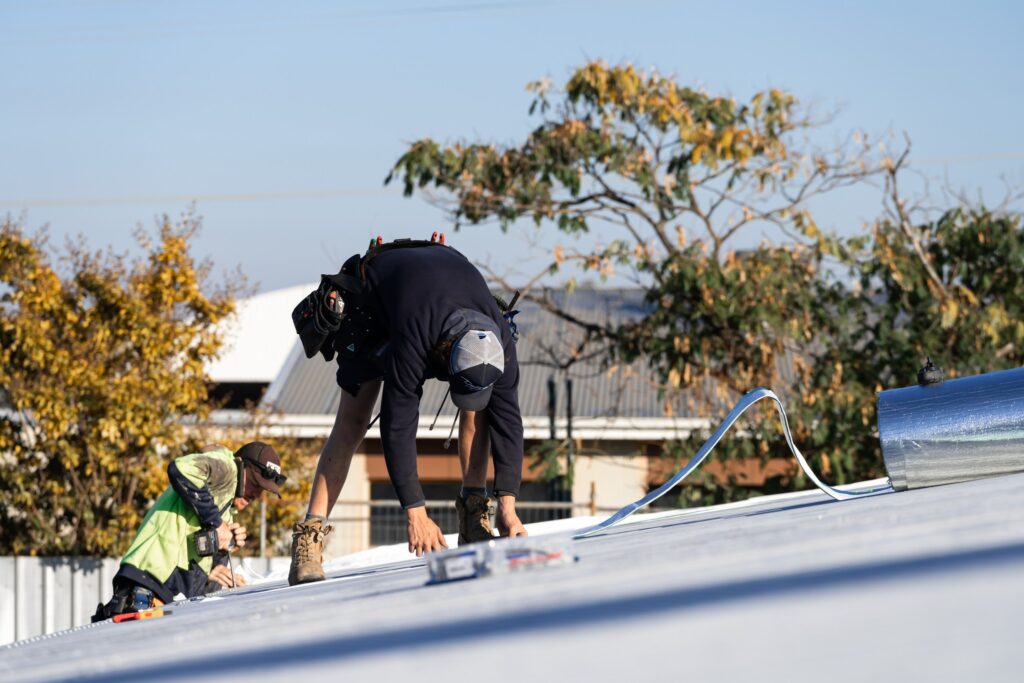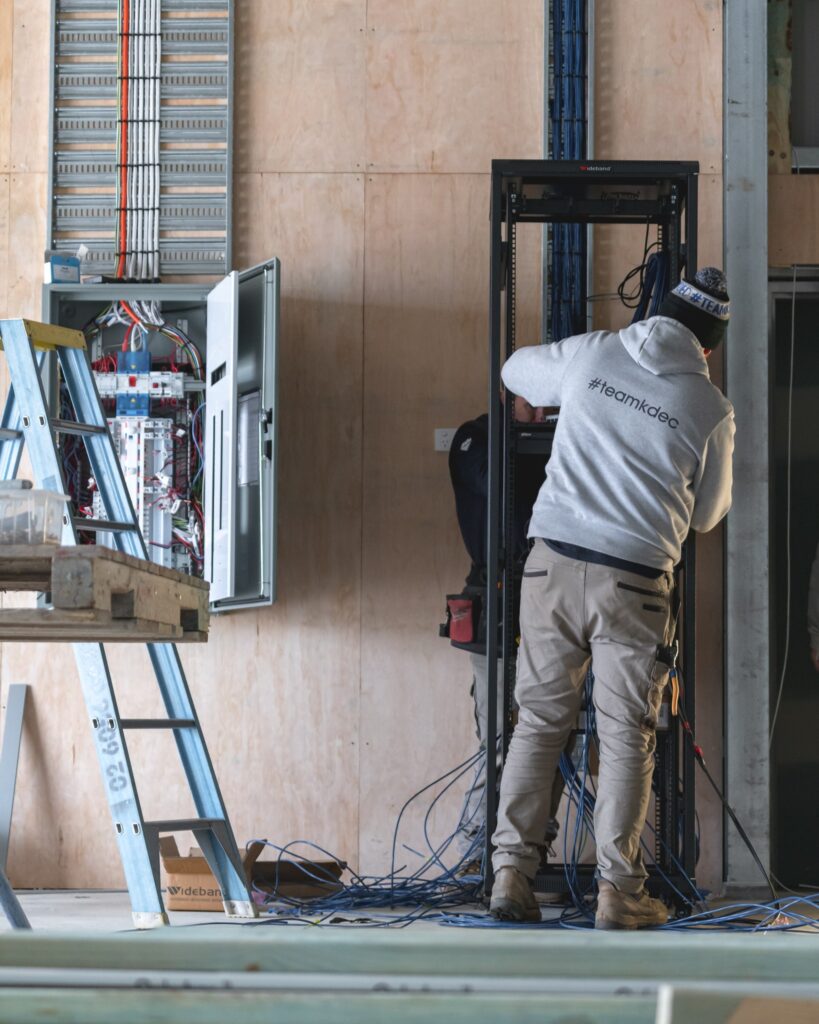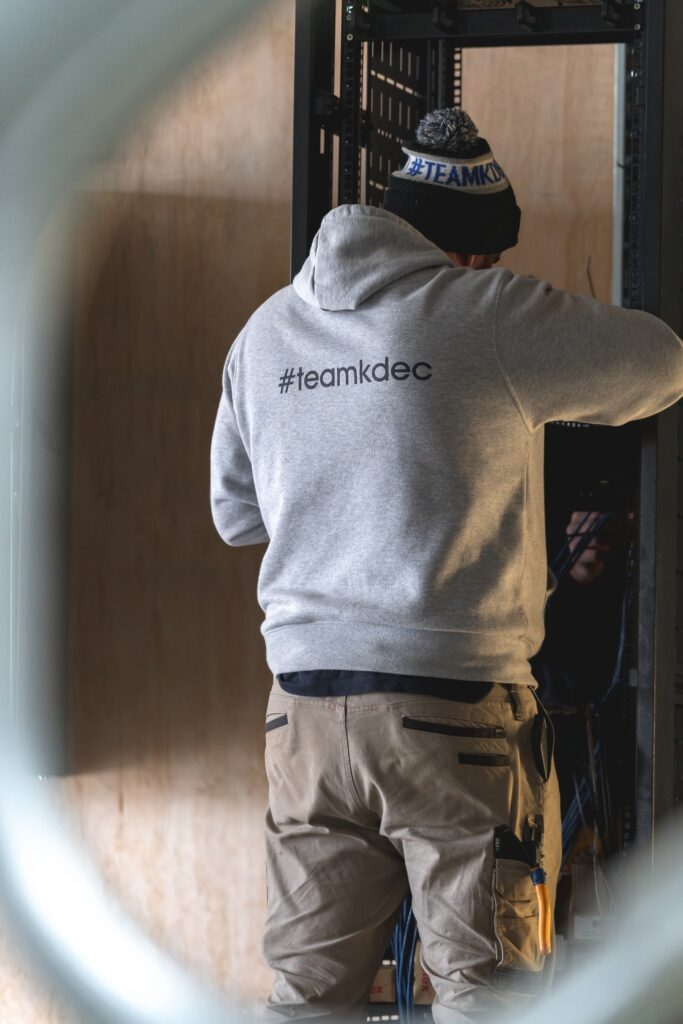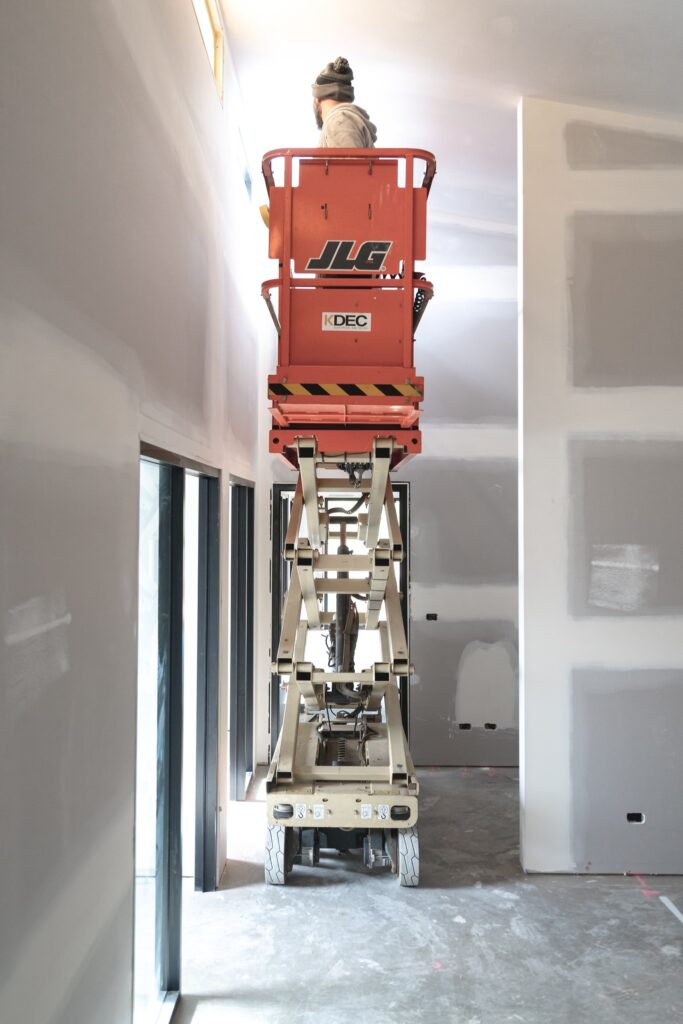18 Mar 2021
The Three Main Types Of Solar Power Systems
Solar ENERGY
Solar power refers to the energy derived from sunlight. Over the years, technological innovations have made it possible to harness this energy and use it to supply electricity to homes, businesses, and even entire communities.
The energy from the sun is collected using solar panels. It is then converted into electricity using photovoltaics. This method involves the use of photovoltaic cells to convert sunlight into electric current through the photovoltaic effect. Developments in the field of solar technology have led to the emergence of different types of solar power systems. There are three main types of solar power setups: on-grid, off-grid, and hybrid systems. These configurations are commonly used in residential homes and businesses including shops and factories.
Although these methods operate differently from one another, their main purpose is to convert light from the sun into usable energy.
On-Grid Solar
An on-grid system, which is also referred to as a grid-tie or a grid-feed system, is probably the most common solar configuration used in homes and commercial properties. As its name suggests, this photovoltaic system has micro-inverters or solar inverters that are directly connected to the electricity grid.
This type of system usually does not require the need for batteries. As a result, the excess solar energy generated by the system is transferred onto the utility grid. This occurs when the solar panels produce more energy than what the property is capable of using up.
Depending on the local regulations, homeowners with on-grid systems are eligible to receive credits for the excess energy exported to the utility grid. For instance, in various places in Australia such as Albury, solar users can receive feed-in tariffs for the unused electricity that is transferred to the power grid.
Unfortunately, probably the main disadvantage of using an on-grid system is its inability to generate electricity to a home during a blackout. Power outages usually occur due to a damaged grid. For safety reasons, on-grid systems are prevented from transferring electricity into the damaged grid to avoid endangering the utility employees while they’re repairing the network and the affected electrical lines.
Off-Grid Solar
Unlike its on-grid counterpart, an off-grid system is not connected to a power grid. Instead, it relies on a few additional components to provide electricity to a home all year round. Aside from the solar panels, an off-grid system is usually composed of a battery inverter, a battery bank, and a backup generator.
Like other solar systems, the operation of an off-grid configuration begins with its solar panels as they collect energy from the sun. Since it is not connected to a public electricity grid, the unconsumed or excess energy collected by the panels is sent to the battery bank. The energy stored in this component is usually used at night or during times when the solar panels aren’t able to collect enough energy due to the lack of sunlight. The battery bank will automatically stop receiving energy from the panels once it is full.
Adding a battery inverter into an off-grid configuration converts the direct current electricity coming from the battery bank into alternating current. A generator is also commonly used as a backup power source. Ideally, the generator should be able to charge the battery bank while supplying power to a home during the times when the solar panels can’t collect sufficient energy for the batteries.
Since it doesn’t rely on an on-grid connection, off-grid systems are commonly used in remote areas and in places that frequently experience blackouts.
Hybrid Solar
Hybrid solar configurations combine the feature of the two systems mentioned above. Similar to an on-grid system, this type of set-up is connected to the power grid. The excess energy or surplus electricity from the grid is then transferred to a battery bank. The energy stored in this component can then be used at night or during the times when the solar panels are unable to collect solar power from the sun.
Unlike an off-grid method, a hybrid system does not require a generator. Instead, the power grid acts as its backup. In other words, it can draw electricity from the grid when the solar panels are not in use and the battery bank has been drained.
Due to its design, a hybrid system can still provide power to a house or structure even during a blackout. This is one of the reasons why most people prefer to use this type of system in their homes and businesses.
These various types of solar power systems have their own advantages. When choosing a system for your home or business, select one based on your needs and preferences. Getting in touch with a professional and qualified solar electrician will also provide you with a clear idea of which system you should get.
Related News
18 Nov 23
Do I Need a Battery For My Home?
With the current energy market being a bit of a mess, many home owners are asking the question; “Should we get a battery?”
23 Aug 23
Should I Go Off-Grid?
When it comes to using solar energy for your home, you have two main options: getting a grid-connected system or going off-grid. Since both setups have their own advantages, you should base your decision on certain key factors, such as the location of your home, your overall energy consumption, financial resources, and your lifestyle. This guide explores the benefits and considerations of both off-grid and grid-connected solar energy systems.
15 Mar 22
A Guide To Choosing A Solar Panel For Your Home
Although solar power technology has been around for quite some time now, its widespread use in homes and other residential properties has only started recently. This is most likely due to the growing number of people who are actively choosing to follow a more sustainable type of lifestyle.

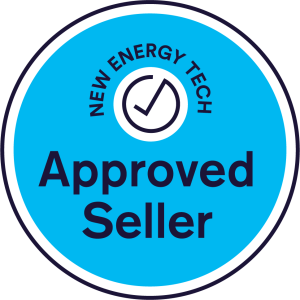




Licence Number: NSW 363462C | Vic 29085
© Copyright 2021 by KDEC Electrical. All rights reserved.
Website by Digital Marketer Bee.



























